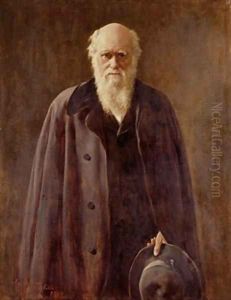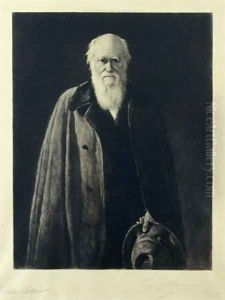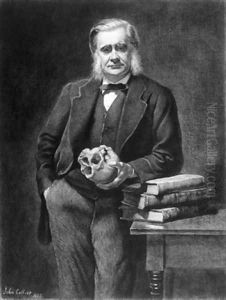Collier, John Paintings
John Collier was an eminent British artist born in London in 1850. He was a key figure in the Pre-Raphaelite movement, known for his meticulous attention to detail, vibrant use of color, and exploration of moral and social themes through his artwork. Collier's upbringing in a wealthy family allowed him early exposure to the arts, and he received his education from prestigious institutions, ultimately studying under leading artists of the time such as Edward Poynter and Lawrence Alma-Tadema.
Collier's work was diverse, spanning portraits, historical scenes, and interpretations of literary and mythological subjects, reflecting his broad interests and intellectual pursuits. He was particularly acclaimed for his portrayals of strong and enigmatic women, often imbuing his subjects with a sense of mystery and psychological depth. His paintings like 'Lady Godiva' and 'Lilith' are celebrated for their intricate detail and vivid storytelling, showcasing his skills in capturing both the beauty and complexity of his subjects.
Throughout his career, Collier was actively involved in the artistic community, contributing to exhibitions and societies that promoted the arts. He was a regular exhibitor at the Royal Academy and also took part in the Paris Salon, earning recognition and accolades both in the UK and internationally. Beyond his artistic endeavors, Collier was also an author, writing on art theory and history, which further cemented his reputation as a scholar and intellectual.
John Collier's legacy is that of a versatile and thoughtful artist, whose work continues to be studied and appreciated for its beauty and depth. His paintings remain popular in galleries and collections around the world, testament to his skill and enduring appeal. Collier passed away in 1934, leaving behind a rich body of work that continues to inspire and captivate audiences with its elegance and insight into the human condition.



